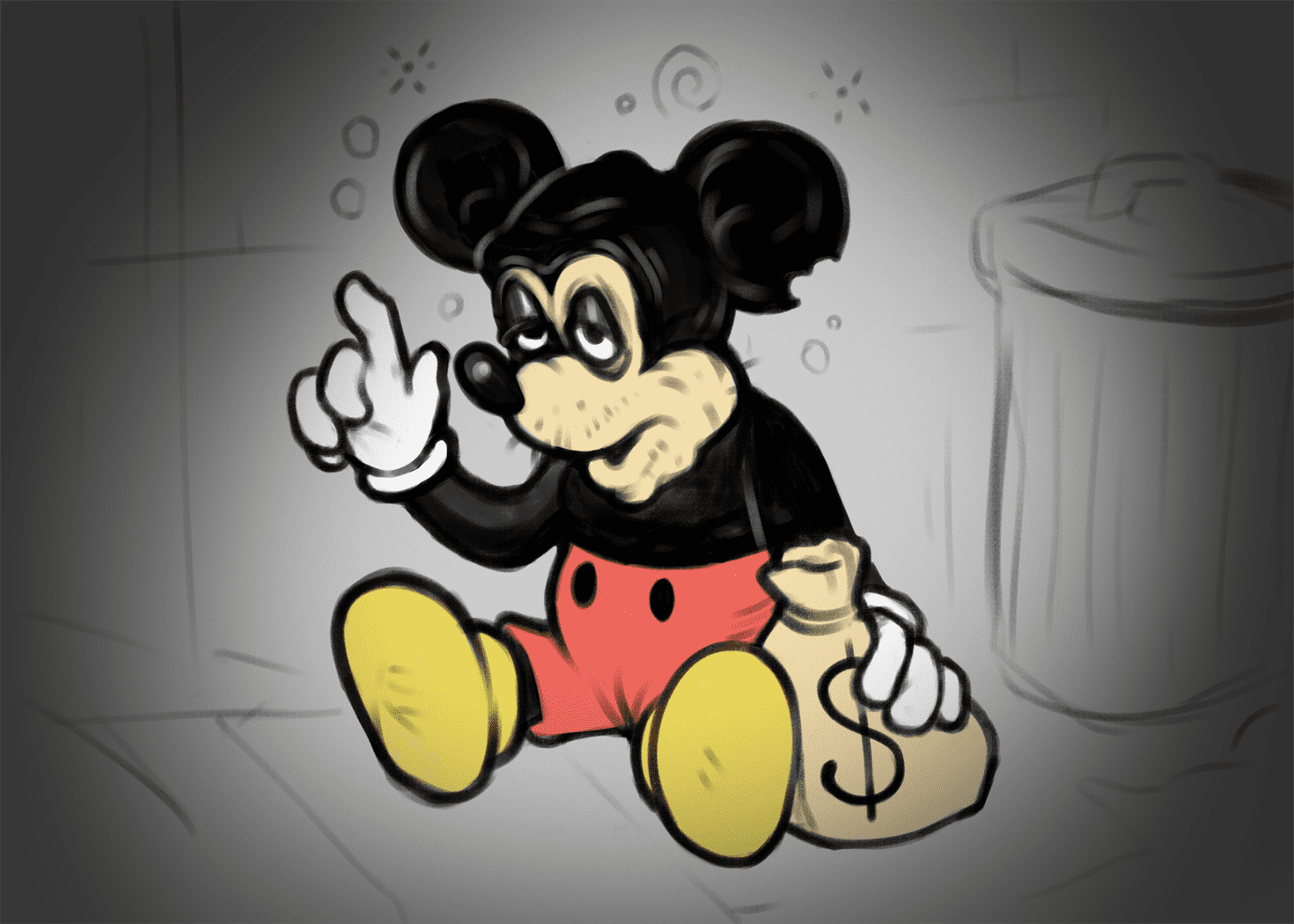Disney CEO Bob Chapek has been under fire from audience and staff members alike for his slow, lukewarm response to Florida’s Parental Rights in Education Bill. More accurately dubbed as the “Don’t Say Gay” bill, this proposal involves a statewide ban on LGBT+ instruction in grade schools, thus endangering queer children, queer teachers and their allies. To fan the flames, Disney also funded every single one of the bill’s sponsors, though that funding has been paused as of March 11.
On March 7, Chapek apologized to his LGBT+ employees for his long-held silence. Here’s an excerpt from his memo that caught my attention.
“We all share the same goal of a more tolerant, respectful world,” Chapek said.
“Where we may differ is in the tactics to get there. And because this struggle is much bigger than any one bill in any one state, I believe the best way for our company to bring about lasting change is through the inspiring content we produce, the welcoming culture we create and the diverse community organizations we support.”
Reading this gave me some of the most intense second-hand embarrassment I’ve experienced in a while.
Firstly, “any one bill in any one state” is not something to scoff at, especially when it has vast potential to harm an entire state’s education system and has already been unofficially endorsed by its governor. This “one bill” proposes to alienate queer and questioning children, and breed homophobic and transphobic ideas – after all, banning a topic from the classroom insinuates that something is wrong with it.
If these students do not feel seen, they will never have a chance at feeling heard, which directly conflicts with Disney’s pledge to “empower the next generation.”
Secondly, the idea that the Walt Disney Company does not have a large enough political and social platform to actively combat the “Don’t Say Gay” bill is willfully ignorant.
According to the University of Miami, the population of Orlando has increased over six times since Disney World’s opening 50 years ago; the park attracts 50 million visitors annually and employs 70,000 staff members. It also largely contributed to the $75.2 billion earned by Orlando’s tourism sector in 2019.
Chapek’s phrasing depicts Disney as a humble art startup, rather than a media giant that has a chokehold on America’s entertainment industry – rather than a company that has been instrumental to Florida’s economic growth since its theme park’s inception. Storytelling is powerful, but Disney clearly has the money to provide support in a far more actionable, concrete way.
Lastly – and certainly not least of all – while Disney has been making great strides in their representation of diverse cultures, they have done very little for sexuality and gender identity. They only have a handful of openly LGBT+ characters in their movie lineup, and all references to these characters’ sexuality are fleeting.
Le Fou, from the live-action remake of “Beauty and the Beast,” served as Disney’s “first openly gay character” by throwing some wistful glances at Gaston, and having (genuinely!) two seconds of on-screen, out-of-the-closet time in the film’s final scene. The rest of their token gay characters mainly stay in the background.
To oversimplify, Disney has a lot of work to do if it actually wants to prove its allyship.
Chapek said in his memo that the company would be reevaluating its approach to advocacy and LGBT+ issues at their upcoming Reimagine Tomorrow Summit in April.
Their slow but steady change in racial diversity makes Chapek’s reference to increased queer representation seem a bit more sincere. However, it is still crucial that he fully acknowledges the influence the company has. While a private company’s influence on the national government is ethically questionable, it still provides a huge platform to advocate for a “more tolerant, respectful world,” and it’s foolish not to use it.
One can only hope that Disney won’t be “letting this go” any time soon.



